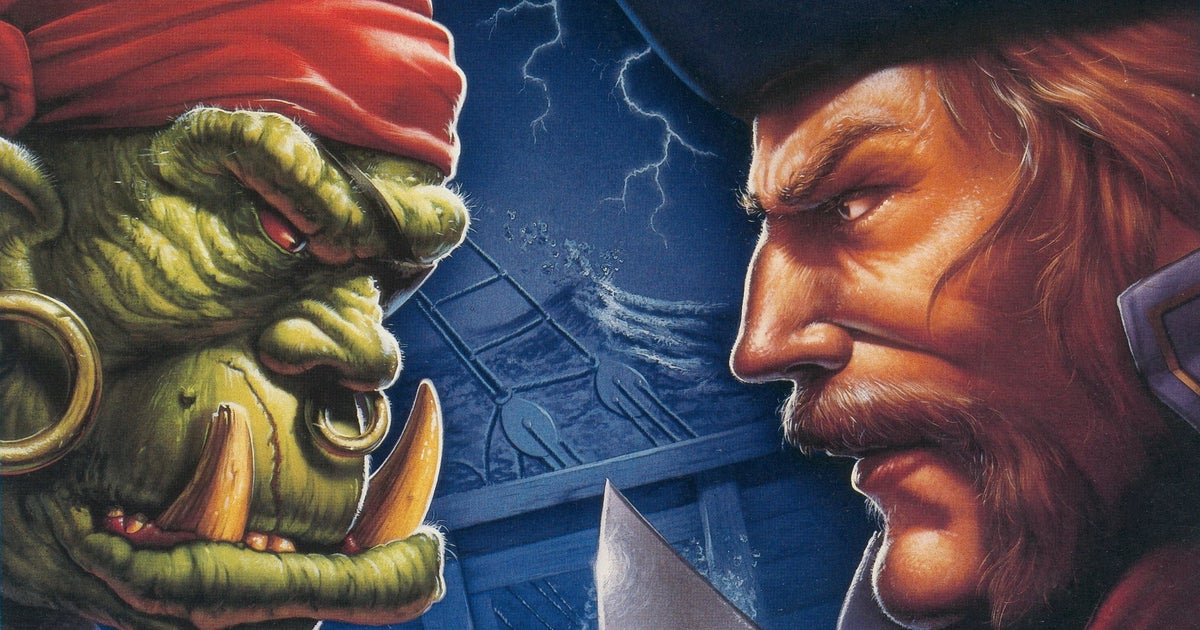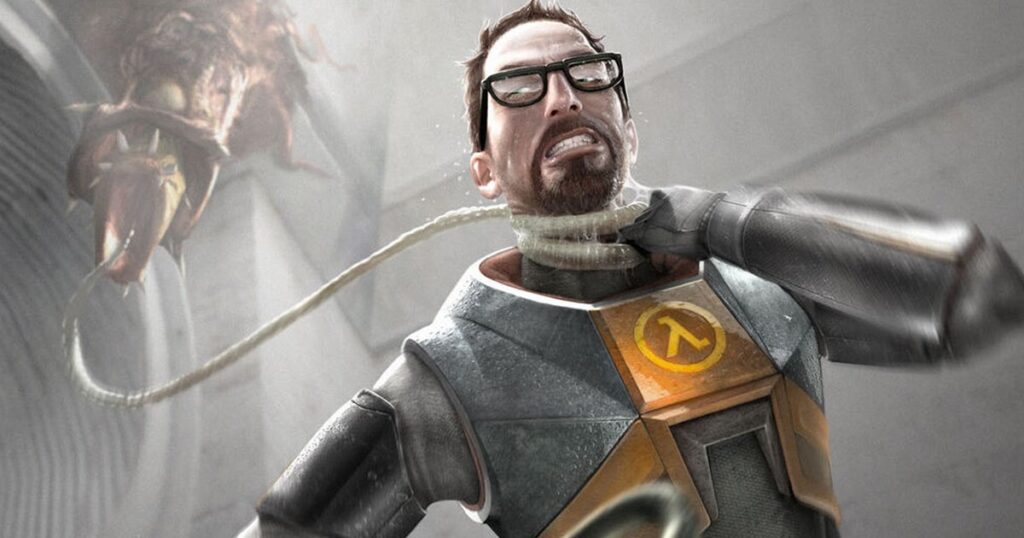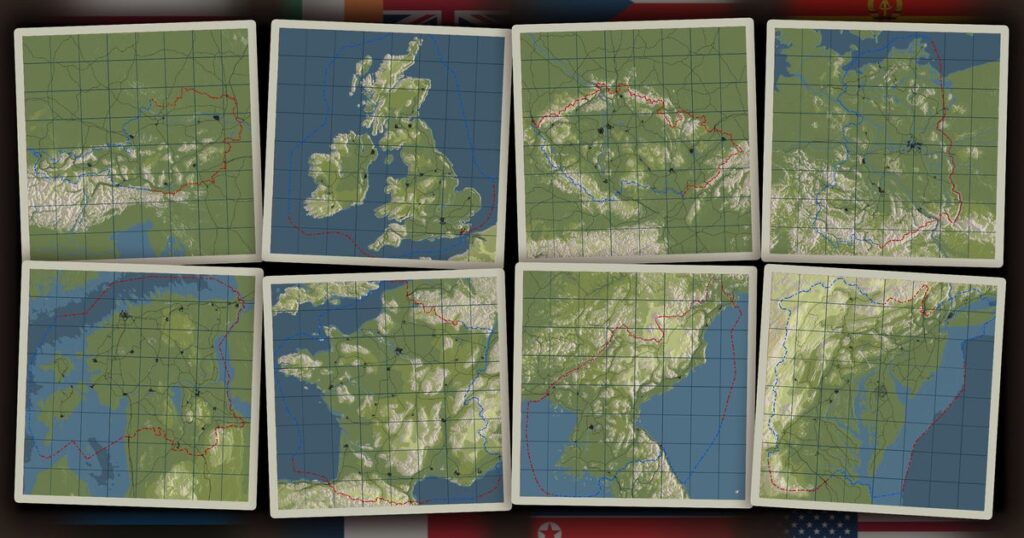In response to the decision from Blizzard to drag Warcraft I & II initially from GOG by the end of this month, after releasing the remake, GOG updated their conservation policy. Real -time strategic games will no longer be available to buy on the store since December 13, but GOG has made a statement commitment to maintain and update games for existing owners as part of their storage program. If you haven’t owned them, they are currently discounting as a package.
“We are extremely sad to share the news that Warcraft: Orc and the people and Warcraft II will leave our store on December 13, 2024, wrote GOG about X. This is an important line in the ceremony of Blockquote Ceremony:
In the future, even if a game is no longer available for sale on GOG, as part of the GOG preservation program, it will continue to be maintained and updated by us, ensuring it is still compatible with modern and future systems.
They continue to say that they are extremely proud of the work they have done on both games and anyone who bought them before eliminating them will “still like the highest quality, most compatible”, including offline installation. After that, they continued to say from the ‘gamer’ a few more times, perhaps pausing while they typed to imagine the crazy applause. It was a wonderful initiative, GOG, but I saw less dairy farmers. Love you though!
GOG recently launched 100 new games summarized with “good old game status”, which means they will be updated, preserved and can be played permanently. As James cleverly pointed out within his insurance scope, “the last GOG existed to sell games, not immortal in museums, nor did they give them to the owner of a copy of the original CD-ROM over the past year”, although “better than someone earns a healthier game conservation game than nothing.
And that’s where I also landed: Without some profit encouragement, this tool would not happen without a serious battle. “I don’t believe that we have found a commercial solution for your video game forever. No one is against the idea of preserving video games, but their companies and shareholders oppose the idea of not making a profit,” Frank Cifaldi of the video game History Fund told me earlier this year. “It is a technical black hole; the cost of a lot of money to transfer a video game and if the margin is not there, there is no business reason to keep everything exist.”



